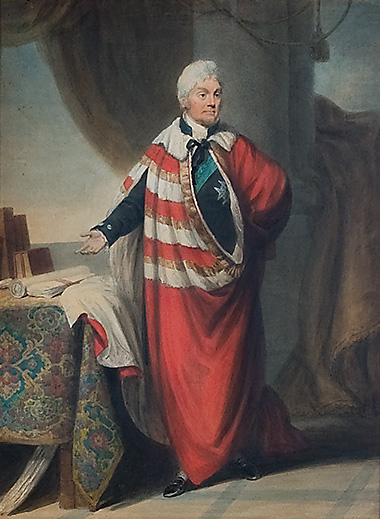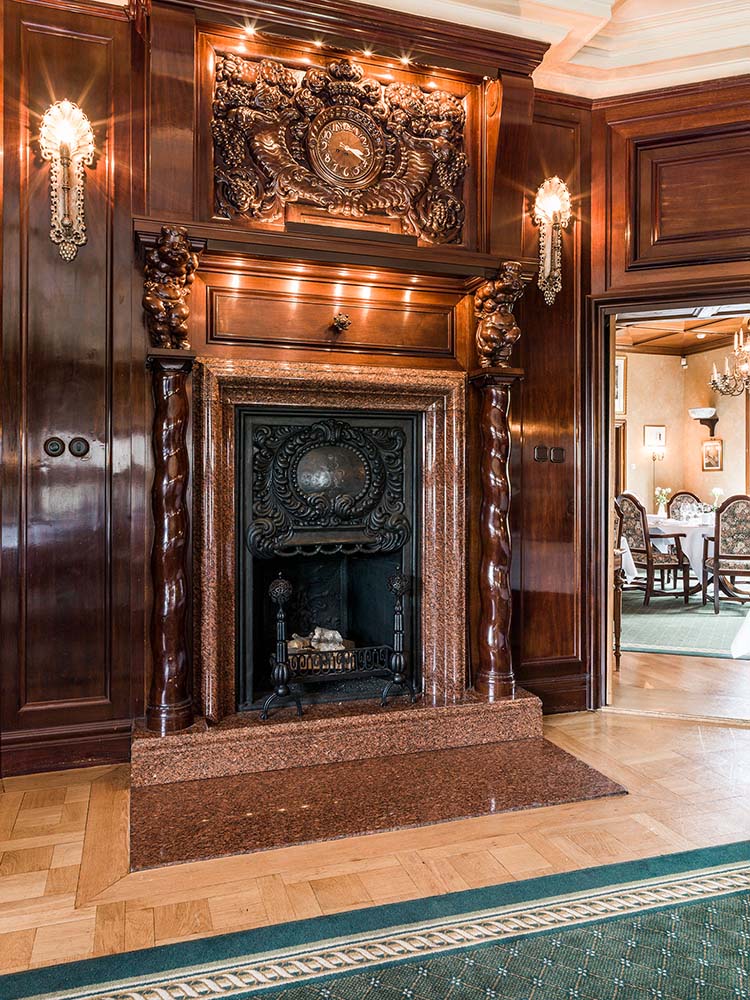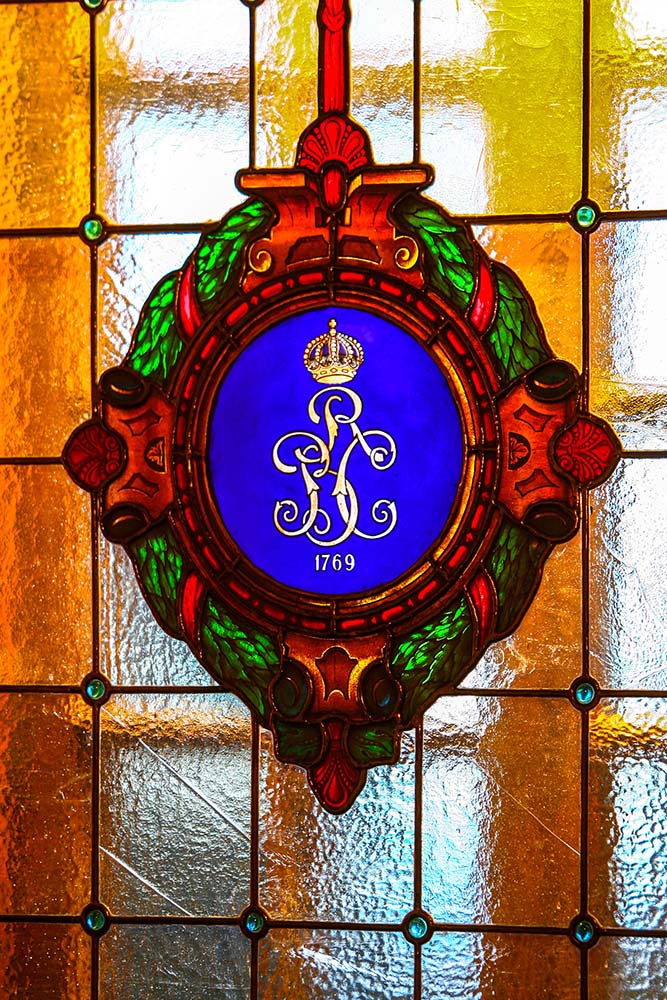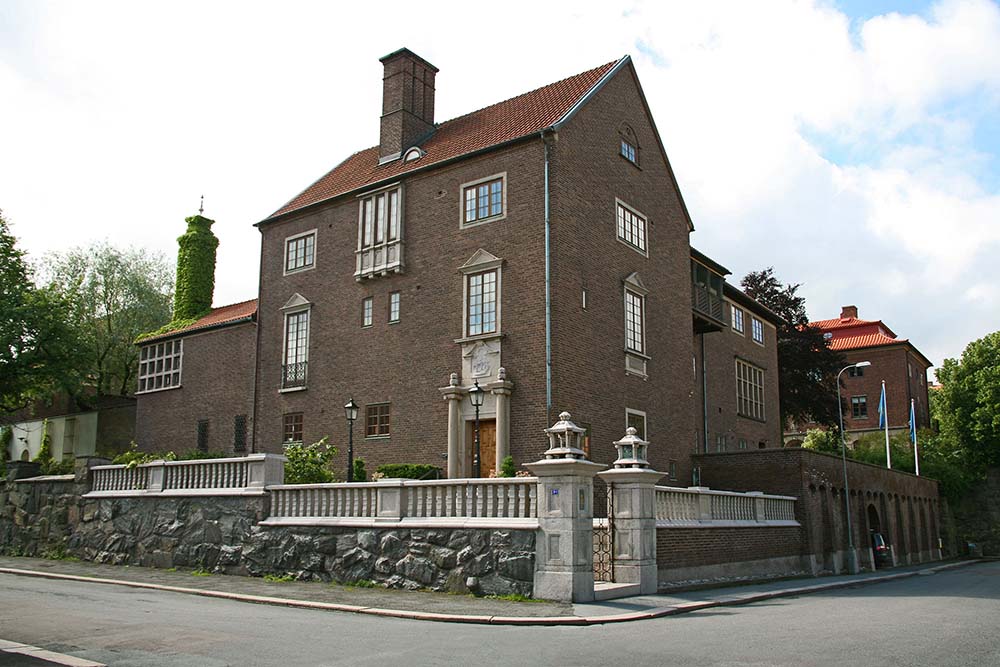History
In 1731, playing billiards or pool in public was outlawed in Sweden. The game was often played for money, making it equal to gambling. Private pool tables were considered luxury items by the government and duly taxed. A private table also required a spacious home.
On 19 November 1769, twenty bachelors in Gothenburg decided to form a members’ club. The young gentlemen wanted to play pool in private and each member was given a key to the premises. Most of the founders, like William Chalmers (1748–1811), were of Scottish ancestry and knew of the pleasant club life that had been established in Britain.

An English name for a Swedish club was completely natural. As Sweden’s gateway to the west, Gothenburg had intense contacts with the United Kingdom, often using English as a business language. The Bachelors’ Club grew very slowly in the beginning and the few members enjoyed the company of one another. Only the most prominent merchants in Gothenburg were accepted. Soon, the bachelor requirement was dropped, since many members got married.
For some, the bachelors’ pool club was controversial. In order to quell local protests, the members turned to King Gustaf III in 1787. His Majesty graciously permitted the game to continue unhindered within the walls of the Club, prompting a name change to The Royal Bachelors’ Club.


A century of change
During the Napoleonic Wars in the early 19th century, France introduced the Continental System. British goods were banned from the European mainland, but neutral Gothenburg served as an important port of landing. The merchants of Gothenburg made fortunes when British goods were imported on a massive scale and then quickly exported as being of Swedish origin. Many foreign merchants came to Gothenburg during this era, seeking opportunities for themselves.
The Royal Bachelors’ Club borrowed money to purchase a new clubhouse. To further strengthen the finances of the Club, many new members were also admitted. After the fall of Napoleon at the battle of Waterloo in 1815, the British trade went back to its ordinary ways. Gothenburg suffered a severe blow and The Royal Bachelors’ Club had to sell its clubhouse at a great loss. But the Club itself survived.
In the decades that followed, a new class of industrialists emerged in Gothenburg. Local wealth was created by increasing trade and exports of raw materials, which benefited the members of The Royal Bachelors’ Club. Finally, a new clubhouse on Västra Hamngatan was purchased after many years of temporary facilities.
Turbulent times
After almost fifty years, The Royal Bachelors’ Club had to sell the clubhouse in 1910. Costs had become unmanageable, and the members once again had to rent suitable premises. The global depression of the early 1930s went from bad to worse when the finance empire of Swedish industrialist Ivar Krueger collapsed in 1932. Members were hit hard, and many left the Club, raising the issue of complete abandonment.
However, the crisis sparked a renewal, and a new clubhouse was purchased in 1936 at Kungsportsavenyen 8. The Royal Bachelors’ Club also saw many new members. During World War II, the discreet premises of the Club became an important meeting place for the Norwegian and British resistance to Nazi Germany. Swedish military officers were also allowed to use the Club.
In 1969 the old clubhouse was razed to the ground when the neighbourhood was modernized. The Royal Bachelors’ Club moved to its present location, a large residential estate a few hundred meters to the south.


A home away from home
Skyttegatan 1 has become the most long-standing address of The Royal Bachelors’ Club. Only three clubs in the world are more senior, they are all found in London’s clubland: White’s (1693), Boodle’s (1762) and Brooks’s (1764).
Membership is limited and currently encompasses some 1 200 gentlemen. The game of pool is still played at The Royal Bachelors’ Club, but there is also an extensive calendar of events. A delicious white tablecloth lunch is served Monday through Friday and the club continuously aims to be “a home away from home”.